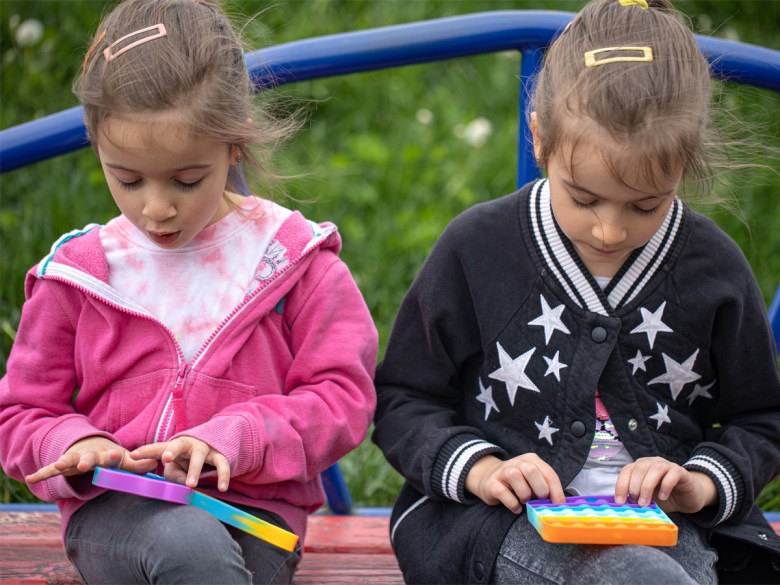A new national survey of 1535 families and young people has found nearly 80% believe the government’s Thriving Kids rollout window leaves too little time to prepare, putting vital supports at risk.
Conducted by Children and Young People with Disability Australia (CYDA) last month, the survey is the first significant community pulse check of its kind since Disability Minister Mark Butler announced Thriving Kids on August 20.
The program was billed as a targeted NDIS alternative for some children with developmental delay and autism under nine.
“It is a major red flag when a vast majority of people who will be impacted tell you your reform timetable is unrealistic and that it could cause real harm,” CYDA CEO Skye Kakoschke-Moore said. “We have long called for alternative supports, but they need to be effective, properly co-designed with our community, and fully functional before they can replace the NDIS.”
She said such significant reform cannot be achieved in under a year without risking children falling through the cracks and losing access to essential, life-changing supports completely.
Thriving Kids is set to launch in July 2026, giving governments and providers just nine months to prepare. Access changes to the NDIS would then kick in from mid-2027.
Only four per cent of survey respondents felt this was sufficient time, while a majority believed it did not allow enough room for genuine consultation, a trial period, and amendments. Many were also concerned the initiative would not meet their needs or provide disability and neuro-affirming support, with more than 70% calling for guaranteed supports and the maintenance of some existing supports.
What should Thriving Kids look like?
The CYDA survey included strong consensus about the types of support the initiative should include, with occupational therapy (97%), speech therapy (96%), psychology (90%), physical therapy (86%) and parenting programs (79%) the most common suggestions.
“Thriving Kids has the potential to be transformative for many families and children with disability, but it needs to be developed by and for them,” Kakoschke-Moore added.
“What was most apparent in our survey was a desire for the program to be tailored to individual needs, to be disability and neuro-affirming, and to provide real choice and control.”
In its submission to the Parliamentary Inquiry on Thriving Kids, CYDA, with the support of 14 other disability and peak organisations, called on the government to:
- Guarantee no child will fall through the cracks in the support ecosystem
- Provide adequate time for co-design and evidence-based supports
- Build on and strengthen existing supports that work
- Listen to what the community says is effective
- Ensure independent oversight of new supports.

